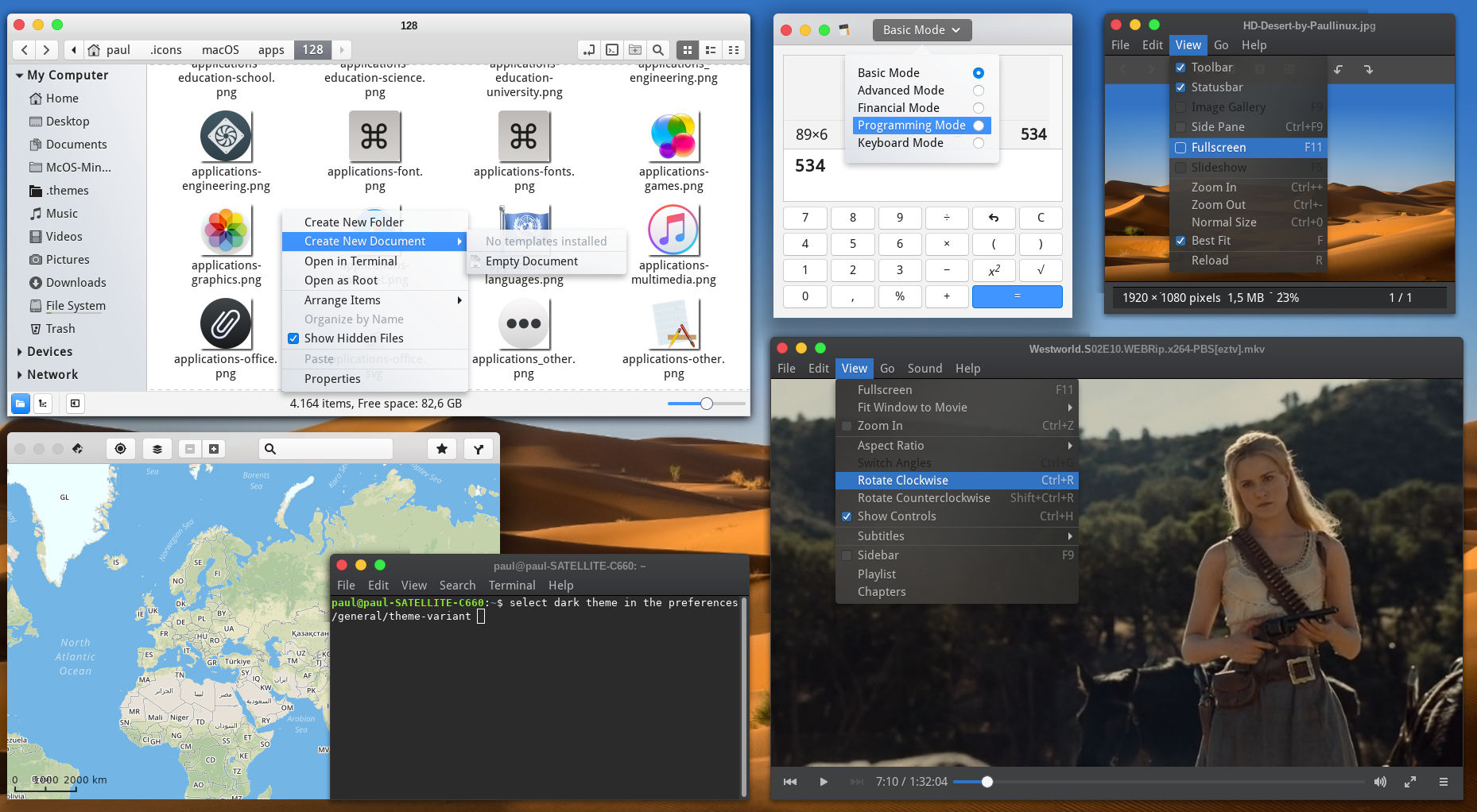- Hackerman May 3, 2020, 11:04am #15 I've created a bug report to track this - JSON should be possible and will be possible in the future, but we're taking one step at a time.
- Students are required to have a laptop computer that is able to run Microsoft Office and the Mac OS X (10.9 or later) or Windows (7, 8, Vista or 10) operating system. While many students choose to use tablets or other mobile devices for a variety of classroom activities, there will be times when a laptop computer, as described above, is required.
MACOS Tests the Board's Oversight
The Power Glove Ultra is compatible with Windows, Mac Os X, Commodore 64 and Vectrex systems. Compatibility with Commodore and Vectrex machines is obtained through an adapter still in development. Power Glove Ultra is a virtual reality controller based on the Power Glove.
Before Board members had a chance to enjoy the balmier climate, however, the MACOS controversy took them by storm. In March 1975, during what was to be a routine hearing before a subcommittee of the House Science and Technology Committee, Congressmen John B. Gunmetal (itch) mac os. Conlan (R-AZ) and Robert E. Bauman (R-MD) complained that some parents were protesting about a fifth- and sixth-grade anthropology course, developed with NSF funds, that conveyed what they saw as disturbing and un-American values. Foundation leaders at the hearing were caught off guard.
The Hackerman Mac Os 11
In Man, A Course of Study (MACOS), Harvard professor and education theorist Jerome Bruner and colleagues wanted to show different values in other cultures. Most of the material was inoffensive, but a few segments, including one that mentioned wife-sharing among Arctic tribes, proved shocking to some. Parliament member mac os. NSF had supported the development of MACOS, along with dozens of other curriculum materials meant to boost learning in science and mathematics; the course was then being taught in thousands of schools.
The standard practice for proposals submitted to NSF was to subject them to peer review. Exiled lab mac os. Thousands of qualified researchers, painstakingly chosen by NSF, reviewed applications in a process that was designed to protect reviewers' identities and encourage candor. But after the House Committee hearing, NSF leaders discovered that negative comments by some reviewers of MACOS had been obscured by NSF staffers, who neglected to include the criticisms in the review summaries they sent forward.
In the aftermath, Board Chair Norman C. Hackerman warned his fellow members that '[T]hese recent events highlight the need for the Programs Committee to exercise its oversight role to a greater degree with respect to ongoing programs.' At first blush, Congress appeared unwilling to wait, threatening to require that all 15,000 grant applications be screened on Capitol Hill prior to peer review at NSF. That idea died, but the Board conducted its own examination of the peer review system. Board members concluded that the system generally worked very well (a finding with which the National Academy of Sciences, in its own study, agreed). However, the Board ultimately voted to end the staff practice of crafting review summaries, recognizing their potential to mislead. Reviewers' comments would henceforth be forwarded to applicants verbatim.
Congress now gave the Board an explicit role overseeing peer review at NSF. Historian George Mazuzan writes that from the MACOS episode forward, the Foundation would be under 'new pressure for accountability.'
Previous Page | Next Page
Location
Hackerman Hall B-17
Abstract
Over the last seven years, the CTSRD Project at SRI International and the University of Cambridge has been performing intensive hardware-software co-design to redesign core computer architecture around improved security. This talk will introduce Capability Hardware Enhanced RISC Instructions (CHERI), which extend a conventional RISC processor architecture with support for capabilities — a long-discussed but rarely deployed security approach focused on efficiently implementing the Principle of Least Privilege. CHERI is a hybrid capability architecture, in that it blends these historic ideas with contemporary hardware and software design, yielding vastly improved security with strong software compatibility yet acceptable performance overhead for fine-grained memory protection and mitigation — and orders-of-magnitude performance improvement for compartmentalised software designs. These techniques directly support vulnerability mitigation for the C and C++ programming languages, interfering with exploit techniques from buffer overflows to ROP and JOP, as well as protecting against future unknown attack techniques via scalable application-level privilege reduction. Prototyped via hardware-software co-design, and evaluated on FPGA with support from DARPA, the CHERI processor prototype is able to run adapted versions of the FreeBSD operating system (CheriBSD) and open-source application stack, and is targeted by an extended version of the Clang/LLVM compiler. This talk introduces the CHERI architecture and potential applications, and will also describe current research directions.
Bio
Dr Robert N. M. Watson is a University Senior Lecturer (Associate Professor) at the University of Cambridge Computer Laboratory, where he works across the areas of security, operating systems, and computer architecture. As Principal Investigator of the CTSRD project, he led work on the CHERI architecture from the 'ISA up', designing the hardware-software security model, and has led the CHERI software development team working on OS support, compiler support, and applications. He also has research interests in network-stack design, OS tracing and profiling tools, and capability-based operating systems including the Capsicum security model now deployed in FreeBSD. In prior industrial research, he developed the MAC Framework employed for OS kernel access-control extensibility and sandboxing in FreeBSD, Mac OS X, iOS, and Junos. He is an author of the Design and Implementation of the FreeBSD Operating System (Second Edition).
Host
The Hackerman Mac Os Download

ACM
